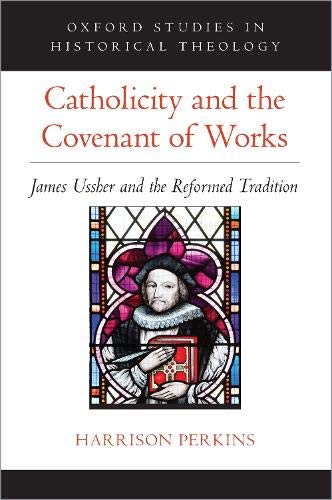
Catholicity and the Covenant of Works: James Ussher and the Reformed Tradition (OXFORD STUDIES IN HISTORICAL THEOLOGY SERIES) PDF
312 Pages·2020·2.9991 MB·other
Most books are stored in the elastic cloud where traffic is expensive. For this reason, we have a limit on daily download.
Preview Catholicity and the Covenant of Works: James Ussher and the Reformed Tradition (OXFORD STUDIES IN HISTORICAL THEOLOGY SERIES)
Description:
This book analyzes James Ussher’s doctrine of the covenant of works and argues that he composed his view by interacting with the broad Christian tradition, used it to integrate his theology, and formulated it in such a way as to support several other doctrines that are crucial within the Reformed tradition. This work highlights the ecumenical premises that undergirded the Reformed doctrine of the covenant of works, and explores how James Ussher played a major role in codifying that doctrine. It also sheds new light on how to describe the puritan movement, specifically by using the differing perspectives of the Irish and English established churches. The first half of the book considers Ussher and how he explained and developed this doctrine of a covenant between God and Adam that was based on the law, and the second half of the book examines how Ussher related the covenant of works to the doctrines of predestination, Christology, and salvation.
See more
The list of books you might like
Most books are stored in the elastic cloud where traffic is expensive. For this reason, we have a limit on daily download.
